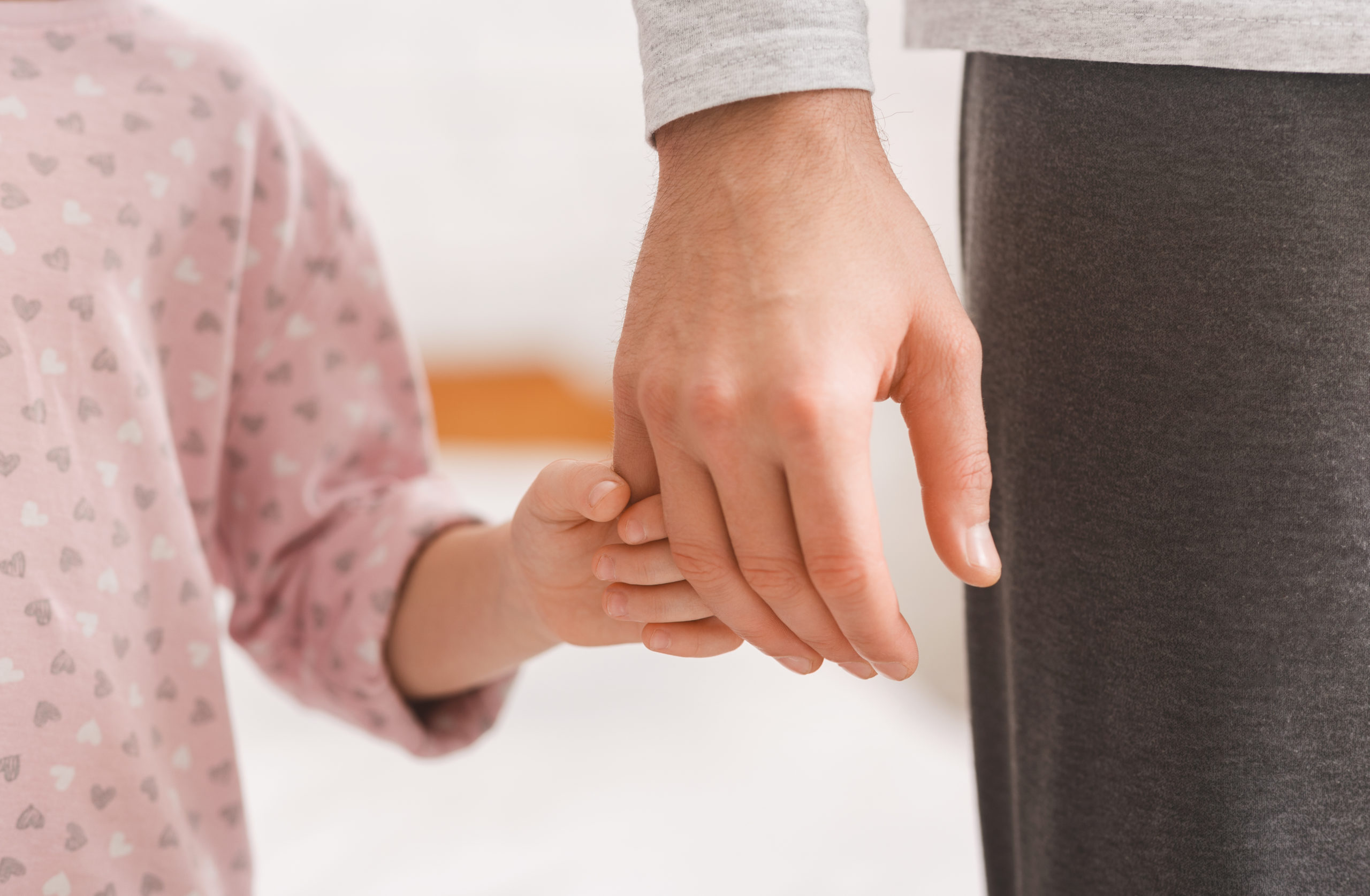Throughout history, the privacy of adoption cases has shifted from being very closed to more open. Identifying information used to be kept from both biological families and adoptees, but the tables have turned. Some of that sentiment remains currently at different levels, under a variety of circumstances, and legal specifics can vary between states, countries, and personal preferences of participants. Alabama adoption records have undergone some shifts in line with ways the adoption process tends to be trending across the United States which is to allow for and expect some open flow of information and consider preferences of the adopted child once he/she reaches adulthood.
Adoptees
A law passed in Alabama in 2000 allows an adult adopted person an unrestricted right to request and obtain their own original birth certificate (OBC) as long as they are 19 years old and they were born in Alabama or were foreign-born and adopted in Alabama. Adoptees should know that the OBC is accompanied by medical information from birth parents and that birth parents fill out a preference form that communicates to the adoptee whether or not the birth parent prefers to be contacted. The birth parent can request not to be contacted, to only be contacted through an intermediary, or not to be contacted.
Things to Know To Obtain Your Original Birth Certificate in Alabama:
- Gather as much information about your birth as you can. The name(s) of your birth parents are not indexed, so if you have that information, it will not be useful in locating your original birth certificate. You will need your exact date of birth and the exact city or county of your birth. You’ll also need to provide the full names of your parents listed on your current birth certificate.
- Contact the Alabama Center for Health Statistics by filling out the attached document.
- Note that the fee to search and provide the contents of your sealed birth certificate is $25.00. It’s possible to expedite the process for an extra $15.00.
- As of 2017, you are expected to provide a valid form of identification to confirm that you are the named person on the birth certificate who is requesting the sealed original. A driver’s license, non-driver ID card, passport, or military ID is suitable. If you don’t have any of those, see the attached document for other options.
- You can not apply to receive your OBC from Alabama adoption records online. Your original signature on the application is required.
- After the Vital Records Office receives your application, they will start the search by locating your current birth certificate. Along with that will be a sealed file. The sealed file may contain several things which they will send to you. They will send a copy of the original birth certificate which will be marked clearly as just a copy as it is not to be utilized for legal purposes. If you are a foreign-born adoptee, this may not be available depending on the process your parents chose to follow up on your adoption in the United States. This certificate will show information that was listed at the time of your birth and may or may not be accurate.
- You may also receive other documents in your sealed file which might be legal documentation revealing a process that portrays alternate paternity or other documents that led to your legitimization (a legal path showing how your original birth certificate ended up as the one you hold as currently legal).
- You might receive a Contact Preference Form and a Medical History Form if your birth parent(s) filled one out. Alabama adoption records changed the law regarding adoptions in 2000 allowing birth parents the option to include this information in the sealed birth record. If you were born in Alabama before 2000, your birth parent(s) could have retroactively contacted the Alabama Department of Vital Records to include the Contact Preference Form and Medical History Form.
- If in your journey to find your original birth certificate, you discover that you weren’t born in Alabama and/or you’re stuck, you may want to read this article on Adoption.org which offers some suggestions on where to begin.
If you’re an adoptee and have requested your Alabama adoption records and your OBC, you may want to go ahead and make use of several other avenues to gather information while you anticipate the result:
Adoption.com Reunion Registry– Adoption.com houses 427,000+ profiles of people who are interested in reuniting with a family member when adoption was involved. The free website also offers an array of reunification stories and advice on how to proceed with a search. Sometimes it honestly takes a little luck and happenstance. Feel free to read my reunification stories here.
Find My Family– Find My Family is a free place (although they do kindly ask for donations) to enter your birth information to see if anyone else is looking for you too. Currently, 417 records show up for Alabama state adoptions.
Adoption Database Quick Base– This adoption database currently shows 155 records of participants actively seeking either birth parents, adoptee, or birth siblings in Alabama.
23 And Me– This option takes a little financial investment on your part, but this one is my personal favorite. I love the definitive results and, to my surprise, I appreciated the additional medical information the process reveals. If you have any doubts about “can this be trusted?” or “how accurate is this?” I can personally assure you that it’s accurate both medically and in matching DNA. Yes, if you want the first and last name of your birth mother and father, this process is a crapshoot. But if you’re having trouble gaining access to your OBC, DNA testing might give you a building block to start looking in the right direction. And there’s no guesswork. If this test says you’re related, you are related.
Birth Mother and Birth Father
If you are seeking a child that you gave up for adoption, you will want to start by researching the laws in the state where you gave birth. In Alabama, you must have given consent for the adoption either in writing or in person which means that you likely terminated all of your rights as a parent to that child. Your other option would be to enter into an agreed-upon level of an open adoption with the child’s adoptive parents. If your child was born in 2000 or later, your child legally can access his/her original birth certificate once he/she reaches 19 years of age.
If your child was born before 2000, you now have the right to file a Contact Preference Form which will be included with the child’s sealed birth certificate. This form includes a medical history section. Your Contact Preference Form will be given to your adult child along with any other legal documents that were sealed along with the original birth certificate. Your preferences can be:
- You wish to be contacted. You’ll include your current name if different from the child’s original birth certificate. You’ll also include your contact information at the time you fill out the form along with a phone number and you can note any other possible contact information.
- You would prefer to be contacted only through an intermediary. This would mean that the court would allow for an intermediary to let you know that your child is looking to connect with you. At that point, you can decide if you would like to connect further.
- You can opt not to be contacted at the time the child received the birth certificate and additional information. If you opt for this originally and then change your mind, you can always file a replacement Contact Preference Form.
Things to Know to File Your Contact Preference Form:
- You’ll need to know the exact date of birth and the city where the child was born. From that information, the clerk can check to make sure your name is listed as the birth parent to confirm that the correct record has been located.
- If the original birth certificate can’t be located, but the child was born and adopted in Alabama, then the court will mail your Contact Preference Form directly to the adoptive parent with an explanation that the record couldn’t be located.
- You will need to pay $25.00 by check or money order to the court for the search of the original birth certificate even if it’s not found. The fee also covers the process of mailing your form directly to the adoptive parents.
- If/when your child requests to receive an original birth certificate, he/she will receive a copy of that plus your Contact Preference Form, the medical history that you provided with your form, and any other legal documents about paternity and other vital legal records that relate to the adoption process.
Birth Fathers:
If you believe you are a birth father to a child who may be given up for adoption without your consent, you may have legal rights to petition to claim paternity. You will want to act within 30 days of the child’s birth. After 30 days, the state of Alabama considers your lack of action as implied consent. Mitigating factors could be discussed with an Alabama adoption attorney. Yeatts Law Firm in Birmingham, AL may be able to assist you with learning about your available rights in regards to your unique situation. More about a father’s rights can be found here through adoption.org.
Seeking an Adopted Relative Born in Alabama:
If you know of a family member who gave up a child for adoption and you would like to reunite with that person, you should know that in Alabama, no other relative aside from the person named on the birth certificate may have access to a sealed birth certificate.
Tracing birth records for yourself or for family members who are related to you can be rewarding for you, but keep in mind that not everyone involved shares your feelings. It’s important to tread lightly in your search. You likely don’t know the whole picture about how all of this unfolded. And the information you do have (if any) could be one-sided. Every adoption story is unique in its way. I’ve talked to many adoptees and adoptive parents and no two stories are even remotely similar. I’ve talked to adoptees who are stalwart on not seeking or finding their birth parents. I’ve talked to adoptees who made it their life’s work to find their birth family. I’ve also talked to people in an adoption scenario who do not want to be located or be involved in any sort of reunion.
If you do arrive at a happy reunion with biological relatives, enjoy it and proceed slowly. My suggestion is to start with some sort of written correspondence (a letter or email) if possible so that you don’t take the other person completely off guard. Written correspondence allows the other person time to reflect and choose mindfully how they want to respond. After that, if you agree to meet in person, go ahead and do it. I suggest you limit the first meeting to involve as few people as possible (limit it to only the people directly involved) and make that first meeting somewhat brief. I don’t mean 15 minutes, but maybe an hour and a half or two hours. You won’t want to come away with information overload. Let this first meeting offer an overview of highlights. Remember that going back through these memories can be pretty emotional for the bio-relative. You were a baby, but there were adult issues taking place around you that you weren’t aware of. Take pictures. Bring tissues. It’s a big deal. See my article here for more tips.
Do you feel there is a hole in your heart that can only be filled by a child? We’ve helped complete 32,000+ adoptions. We would love to help you through your adoption journey. Visit adoption.org or call 1-800-ADOPT-98.




No Responses Yet